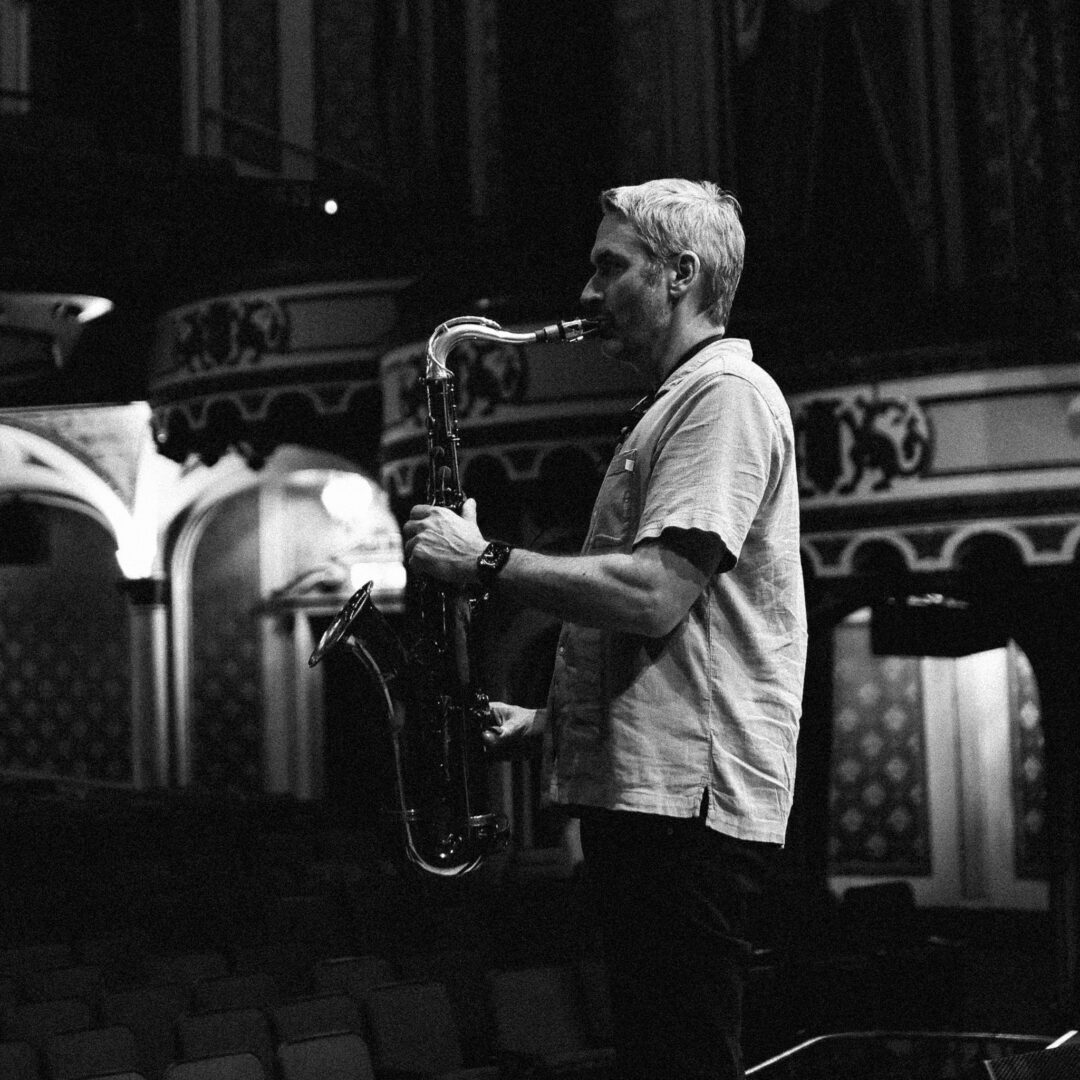Christopher White shared their story and experiences with us recently and you can find our conversation below.
Christopher , we’re thrilled to have you with us today. Before we jump into your intro and the heart of the interview, let’s start with a bit of an ice breaker: What is a normal day like for you right now?
It’s not often that one day is the same as the next. If I’m not on the road with Van I’ll be either lecturing at Guildhall School of Music and Drama as Professor of Film Music, or composing in my studio. Otherwise I’ll probably be walking my Romanian Rescue furry baby.
Can you briefly introduce yourself and share what makes you or your brand unique?
I am a musician and composer based in London, and for the last 15 years I have been musical director and saxophonist for Van Morrison. I have performed and recorded with a range of artists including Paul McCartney, Billy Ocean, Paul Anka, Taj Mahal, Noel Gallagher, George Benson, Gregory Porter, Michael Bublé, Bobby Womack, Mavis Staples, and Maceo Parker.
Alongside my work with Van Morrison, I continue to compose for film and television and lead my own ensemble, Christopher White Collective, a project that explores the intersection of jazz, ambient, and cinematic sound worlds. Our latest single Fisher Point is released on the 24th October. I am also Professor of Film Music at the Guildhall School of Music and Drama based at the Barbican in London. As a composer, my last 2 feature films are Irish film The Sparrow, and Hungarian/Slovakian film White Plastic Sky.
Appreciate your sharing that. Let’s talk about your life, growing up and some of topics and learnings around that. Who taught you the most about work?
That would undoubtedly be Van Morrison. From 2010, I’ve been working with Van. We recently released an album of my arrangements of Van’s tunes for big band. It’s been fascinating working with him – from headlining huge festivals, Las Vegas residencies, to performing at George Lucas’s wedding and Scorsese’s 80th birthday party. Working with Van has been a long process of realising and understanding the power of communicating emotion to an audience. When one, like Van, can strip music down to its pure emotional essence, you can then transport the listener, hopefully to a good place. Van is the master of this, and it’s something I have always tried to emulate. My most recent release (Fisher Point) is hopefully an example of this. I also believe that the communication of emotion is a vital part of being a composer for film and so always try and attain a purity and efficiency of communication in my film writing.
If you could say one kind thing to your younger self, what would it be?
The first thing would be to practise your instrument more! Also, focus on having more fun. But mainly know that it is a long road you are travelling down and that there is no hurry. Just slow down a bit. I’d also mention to my younger self a favourite quote from Tom Hanks – ‘you are defined by what you say no to’.
Sure, so let’s go deeper into your values and how you think. Where are smart people getting it totally wrong today?
We are told that AI will be part of all our lives from now on. While it feels like a bit of a zeitgeist at the moment to be sceptical of AI and to declare it’s a bubble that’s about to burst, in the area of music it does seem that AI is unstoppable. It feels like a dark time and it makes one wonder what the point is in persevering with a career in the creation of music. I think that’s wrong. Music is and always has been understood to be human made. There have been playable bone flutes discovered in China that date back 9000 years. In a Darwinian evolutionary sense it relates to trusting sounds that are human in origin as they are less likely to be coming from a predator. AI is certainly going to be a part of music creation and consumption, but it will never replace the human touch. It is a human experience. The average might be replaced, but the excellent will prosper. There will always be a place for human music.
Before we go, we’d love to hear your thoughts on some longer-run, legacy type questions. What is the story you hope people tell about you when you’re gone?
I have been creating music most of my life. There are four decades worth of music out there that I have composed or been part of the creation of. Writing for film and television means writing a lot of music also. I think if one were to piece together my complete output it would hopefully be an interesting musical journey that people would like to talk about. I am getting to an age when I think more about legacy and that legacy would undoubtedly be that music I will leave behind. A few years ago I performed at Martin Scorsese’s 80th birthday party with Van. After the performance, I was having a conversation with Julian Schnabel, Benicio del Toro, and Robert De Niro. A dream situation and a fascinating conversation. What struck me was that this was a group of artists whose combined legacy is almost inconceivably huge, yet they were sweet, relaxed and friendly. They have nothing to prove and their work stands for itself. When it comes to legacy, perhaps this is the ideal artist’s way.
Contact Info:
- Website: https://www.christopherwhite.online
- Instagram: https://www.instagram.com/christopher.white_
- Youtube: https://www.youtube.com/@Christopher.white_?sub_confirmation=1
- Other: Spotify: https://open.spotify.com/track/1wmI3PQp0dofxIRUU1qTs1?si=2640e828bd794202?si=
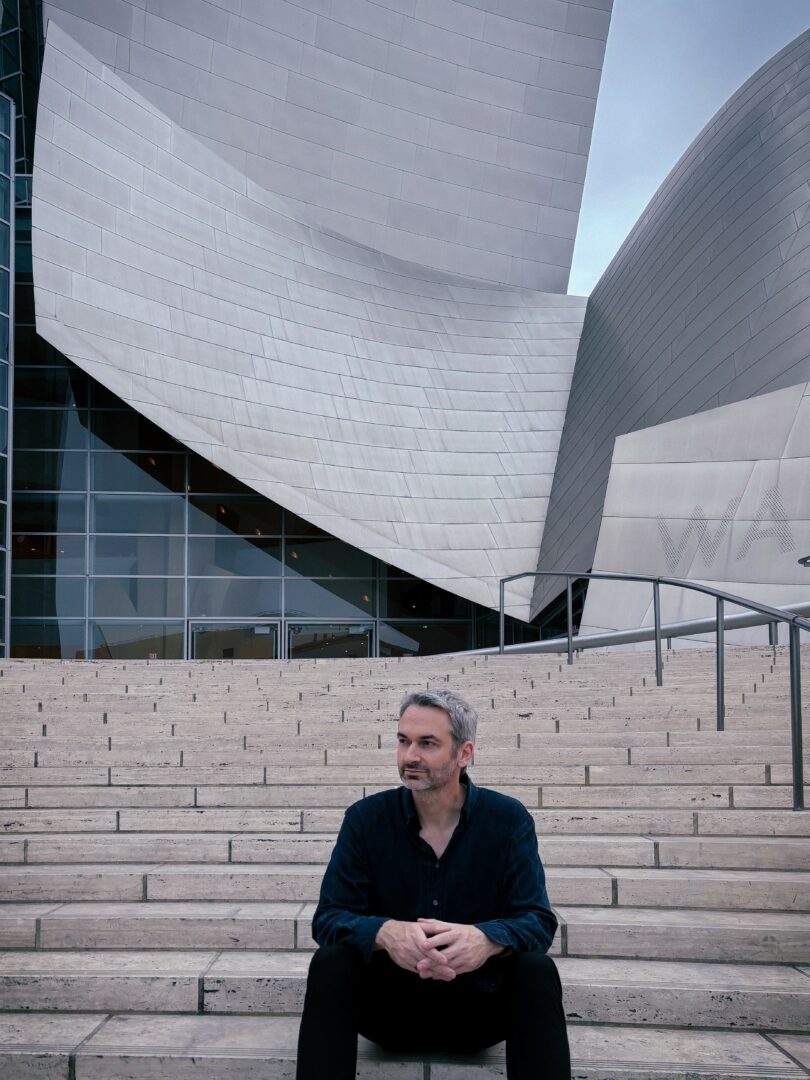
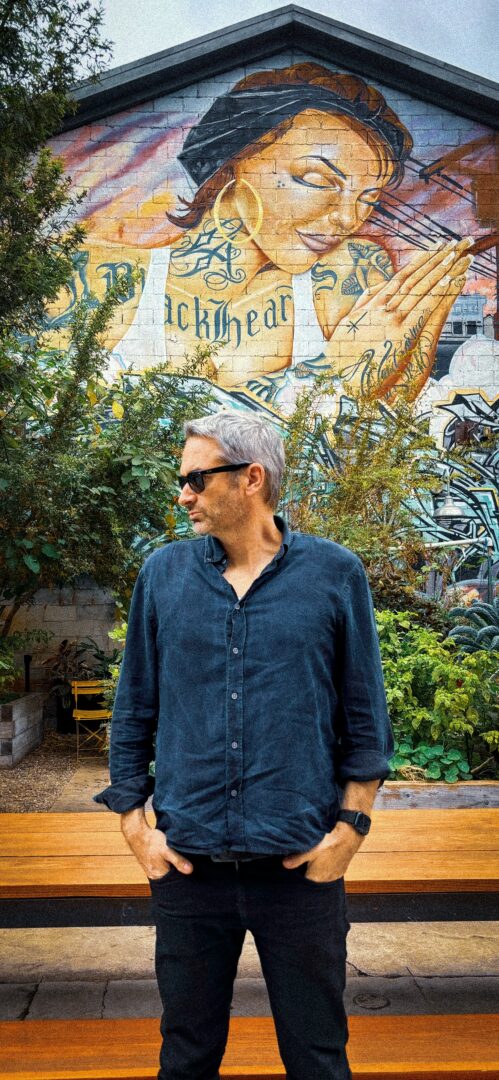
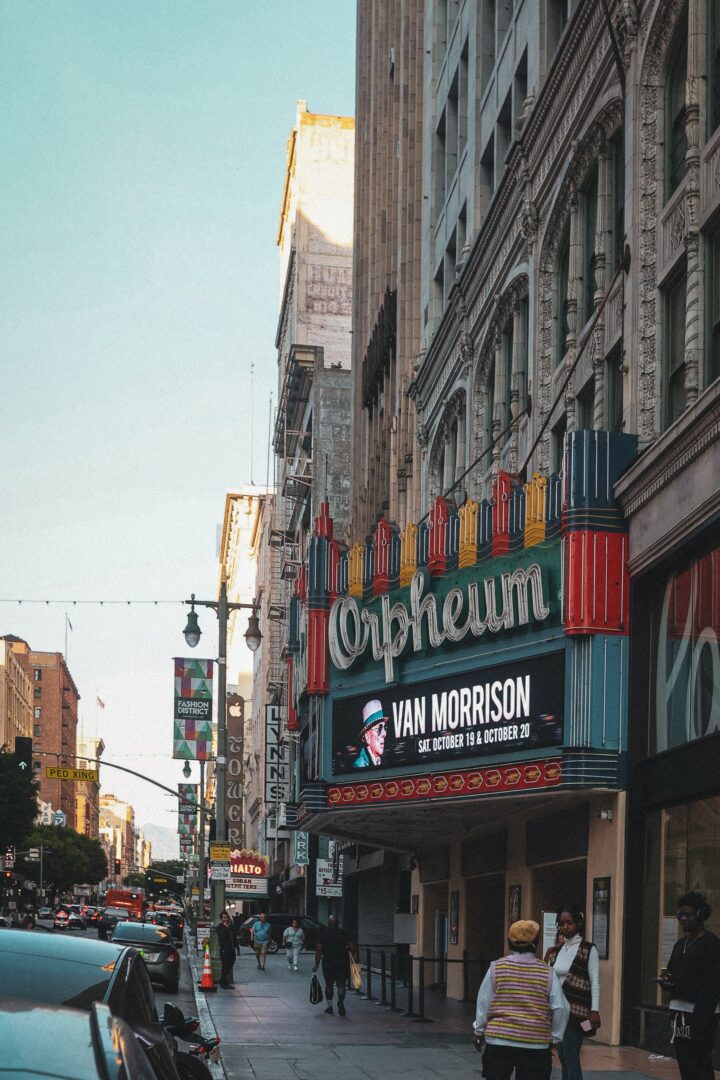
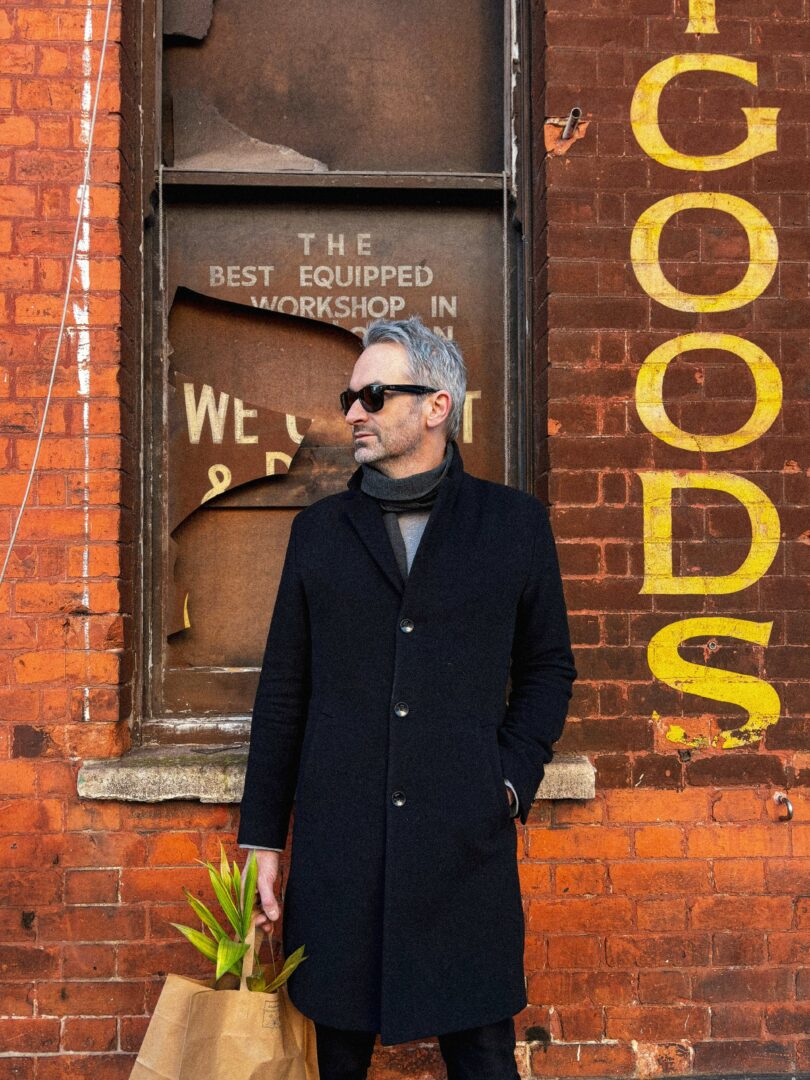
so if you or someone you know deserves recognition please let us know here.

